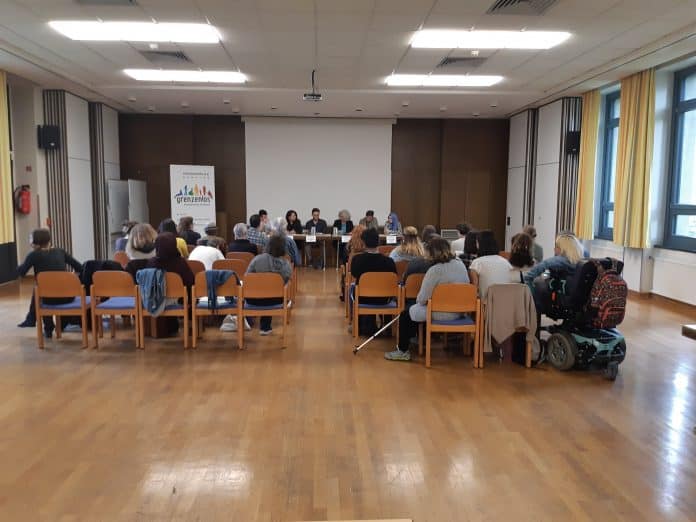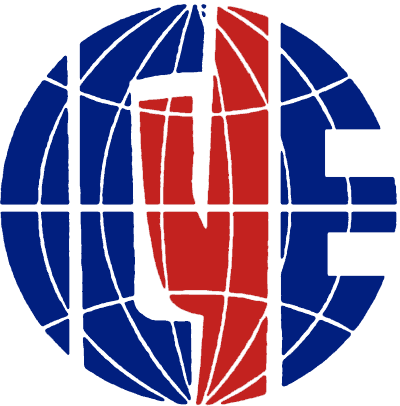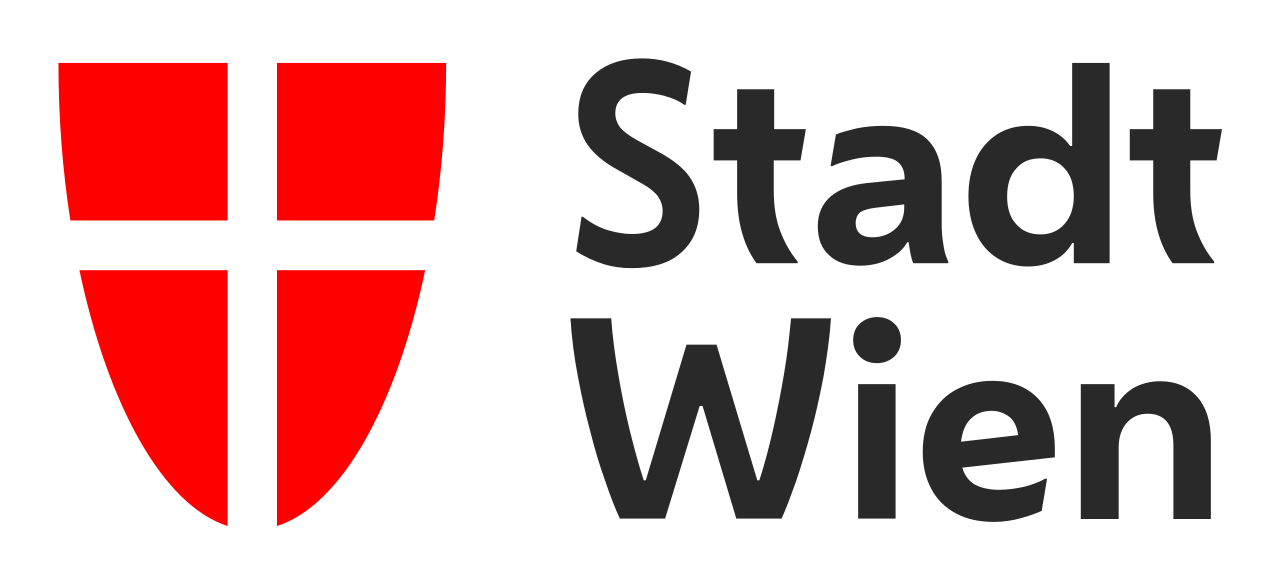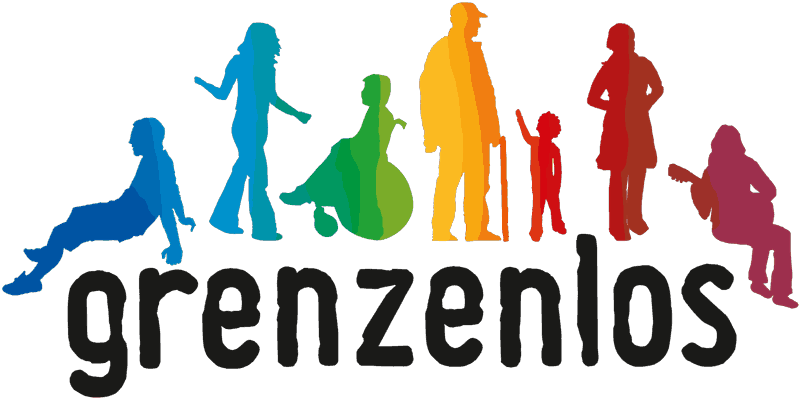On May 10th 2019, Grenzenlos hosted the Words are Stones national meeting in Vienna. Invited were former participants of the programmes of Grenzenlos, teachers, educators, youth workers and everyone interested in the topic of hate speech.
The penal discussion was modated by Verena Fabris from the national committee no hate speech. On the penal Nikolaus Tsekas (Dialog statt Hass), Liriam Sponholz (Ludiwg-Maximilians-Universität München), Philippe Schennach (ZARA), Kenan al Baredi (Shades Tours) and Rumeysa Dür-Kwieder (Dokustelle Antimuslimischer Rassismus) were present.
The experts started with a definition of hate speech were Liriam Sponholz highlighted the hate speech is only the case when it is targeted against historically oppressed people. Another important aspect is that it is not only limited to language and uses different languages and means.
She also raised the point, that we should not only focus on the haters but on those spreading the ideas for their hate.
Rumeysa Dür-Kwieder mentioned that in their report they can clearly see, that hate speech is moving from the public to the online sector. One of the explanations of the dokustelle is that in the internet people feel safer as they think they are anonymous and that the internet is a space without legal rules.
Philippe Schennach explained the work of ZARA, who is collecting data of hate speech and supporting the targets of hate speech as well as giving trainings on how to react to it. The main phrase here is “never give a hater an angry reaction but give the counter narratives a supportive reaction”. This is important because of the algorhytms of platforms like facebook.
Nikolaus Tsekas from Dialog statt Hass presented the history and work of this programme. The motivation to do it and the profile of the participants. Most of them are between 40 and 60 years old and 1/3 are female. Usually these are also people, that have not had any criminal record before.
Kenan al Baredi explains the idea behind Shades Tours. It is not to directly target haters, but to show different realities and through this help to reduce misunderstandings, help with better arguments and enlarge the sphere of action with every participant of the tours.
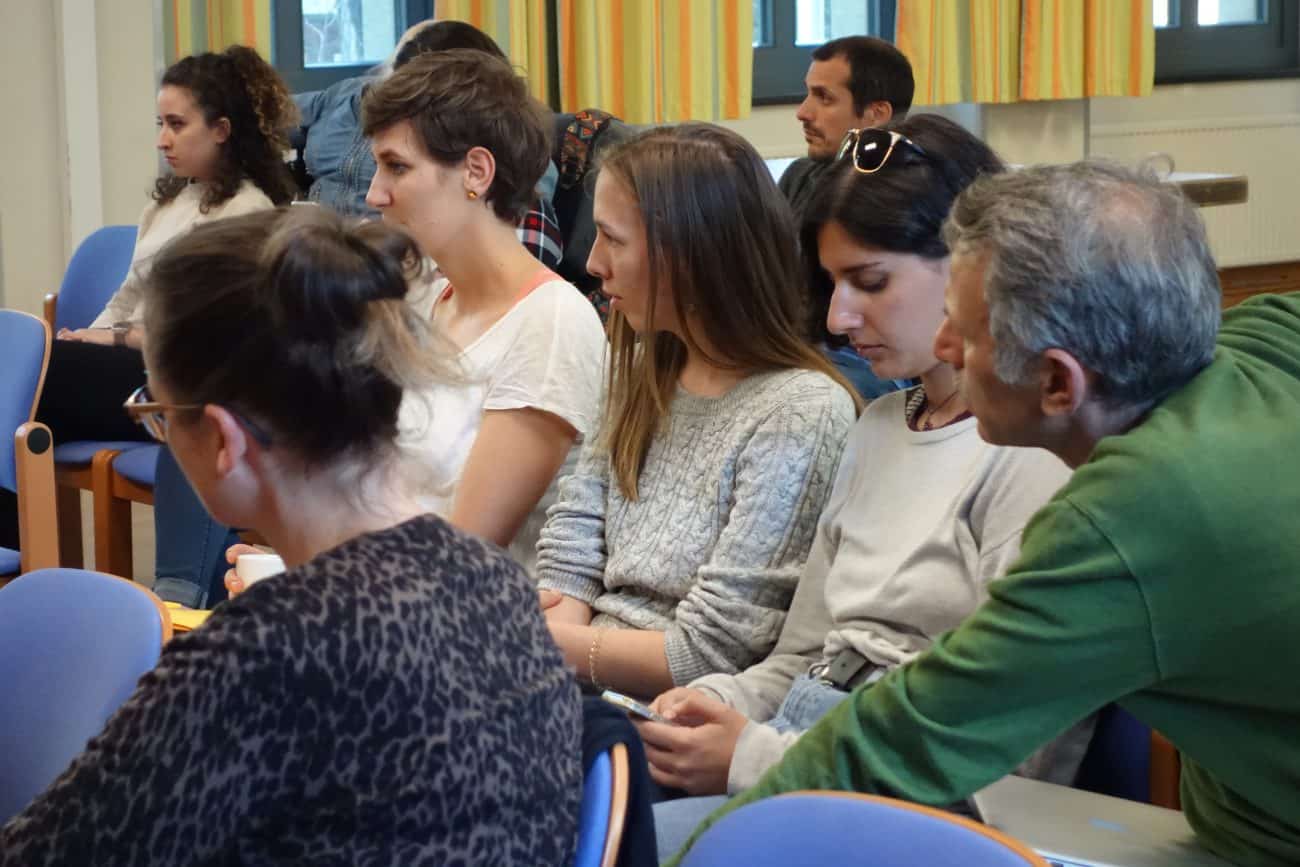
To answer the question of what we can do against hate speech, the penal discussed, that it’s important to think about what we can change and where we can start. We should not focus on the juristical approaches but on the sources of hate speech, those that are spreading it. They also highlighted that only 10% of the accounts are responsible for 50% of the hate speech content. It is therefore important to also get in contact with the platforms, where this content is shared in order to limit or even stop it. It’s also important to show an alternative. Like the counter narratives of this project, or other media projects, that show a different perspective on for instance muslim women, like it was done in Belgium.
After the penal discussions the participants selected one topic of their choice they wanted to focus on in more detail.
Table 1: Identity (table host: Rumeysa Dür-Kwieder)
The discussion was focused on the question of what is identity and if the name should be changed to identities, to show that it is not a single identity for one person and to show a more divers picture of every person, especially those reduced to only one aspect of their identity. Therefore, it is important to teach resp. learn more about different religions and cultures.
Table 2: Security (table host: Nikolaus Tsekas)
They raised the question about security for whom and that it’s a relative term, an individual perception. It’s important to deconstruct the term when we start with counter narratives as security and insecurity is often used as a kind of marketing to get something else. The argumentation could focus on the presumed (in)sercuity in order to discriminate and reduce different kinds of freedom.
Table 3: Ressources (table host: Jerry Jarvis Essandoh)
This group focussed on the need to get a positive framing a positive vision of the future, where everyone will have the chance to participate. “A future we deserve and which includes all people”.
As the last part of the day our international partners (Lunaria, ADICE, KISA, SOS Racisme and Antigone) where sharing their experiences and field(s) of work with the interested participants in the frame of a living library.

